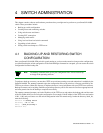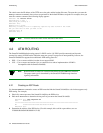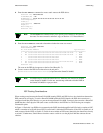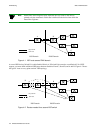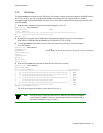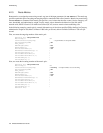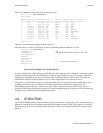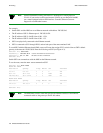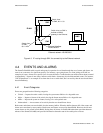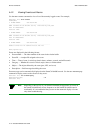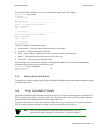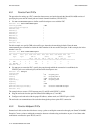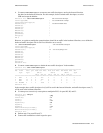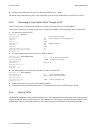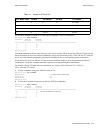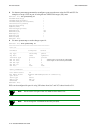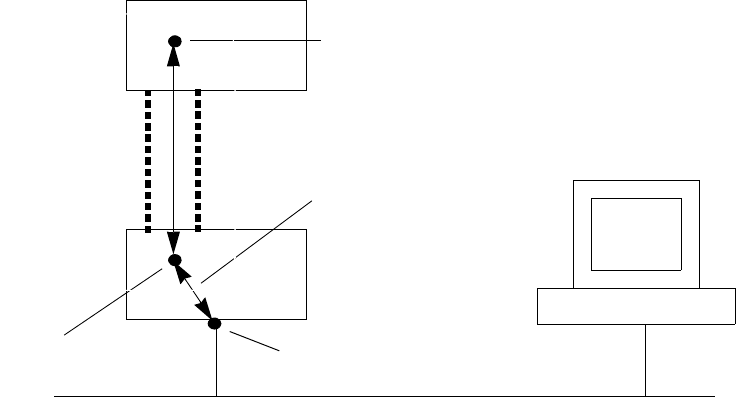
SmartCell 6A000 User Guide 4-9
Switch Administration Events and Alarms
Figure 4-3 IP routing through SW1 for connectivity to the Ethernet network
4.4 EVENTS AND ALARMS
The SmartCell 6A000 switch records and reports its operation in real-time through the use of events and alarms. An
event is an occurrence of a significant activity. For instance, a port going down or a client joining an ELAN are
examples of events. Alarms are a specific class of events defined as “events that the user needs to know about or attend
to immediately.” Alarms do not always indicate switch faults. Alarms may also be informational events. For instance,
“LECS Operational” is an example of an alarm that is not a switch fault, but is an activity that the user should know
about immediately.
4.4.1 Event Categories
Events are grouped into the following categories:
•
Critical — Impacts the entire switch, leaving the system unavailable or in a degraded state
•
Major — Impacts a feature of the switch, leaving the feature unavailable or in a degraded state
•
Minor — Impacts the system or feature, leaving it in a sub-optimal state
•
Informational — An occurrence of an activity that the user should know about
Both events and alarms are stored within circular memory buffers. When the buffers become full, older events and
alarms are overwritten by newer entries. Both events and alarms are stored in shared RAM. However, the 40 most
recent alarms are also stored in flash RAM. Storing these 40 alarms in flash RAM makes them persistent between
reboots of the SmartCell 6A000, and provides information about the state of the switch prior to reboot.
NMS
Ethernet network 128.205.99.0
SW1
SW2
ATM Link
ELAN
Switch client
on SW2, 90.1.1.33
Switch client
on SW1,
IP Route
Ethernet interface
90.1.1.254
128.205.99.254
Switch client on SW1 is
defined as SW2’s
gateway to the Ethernet



